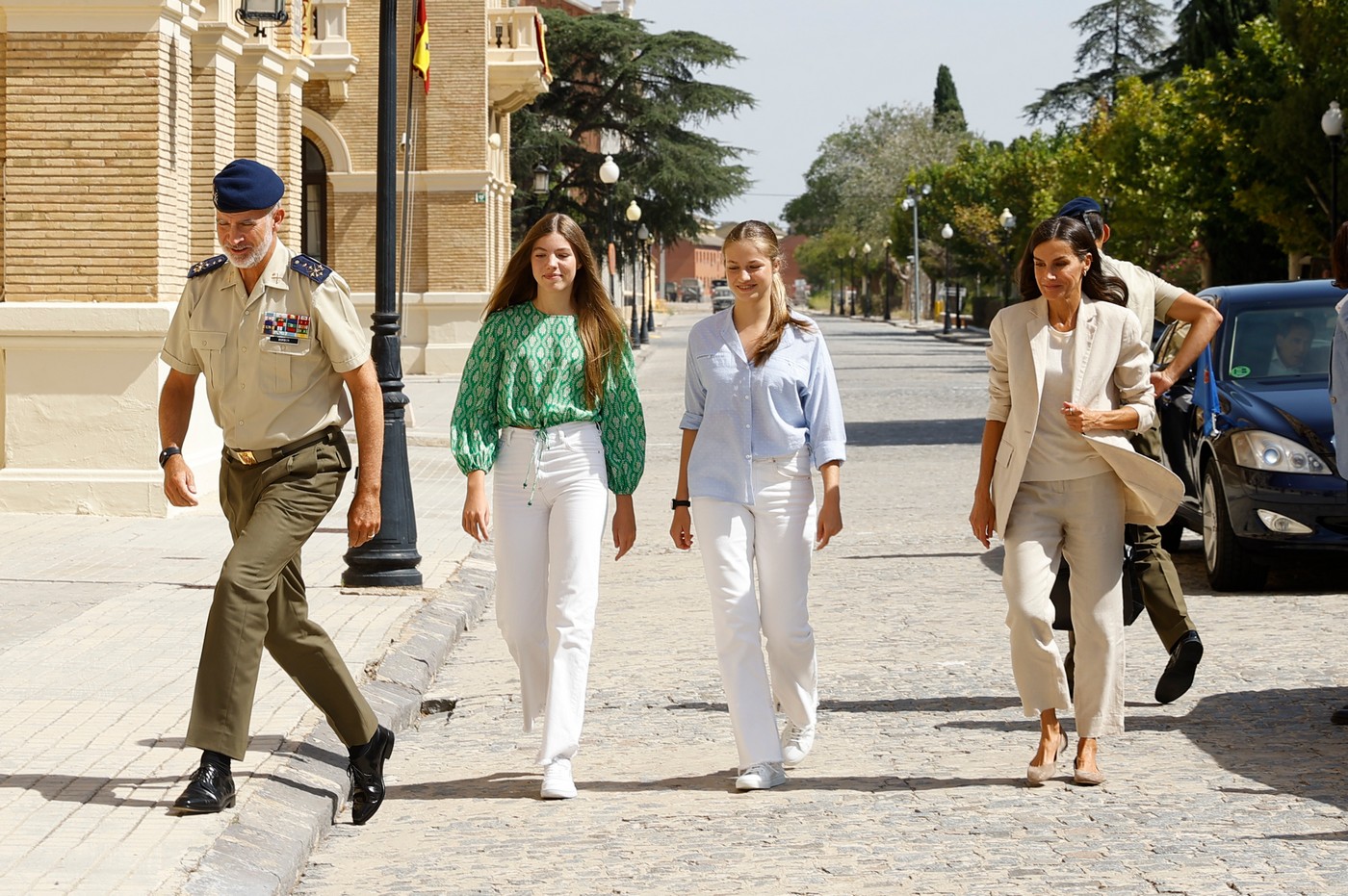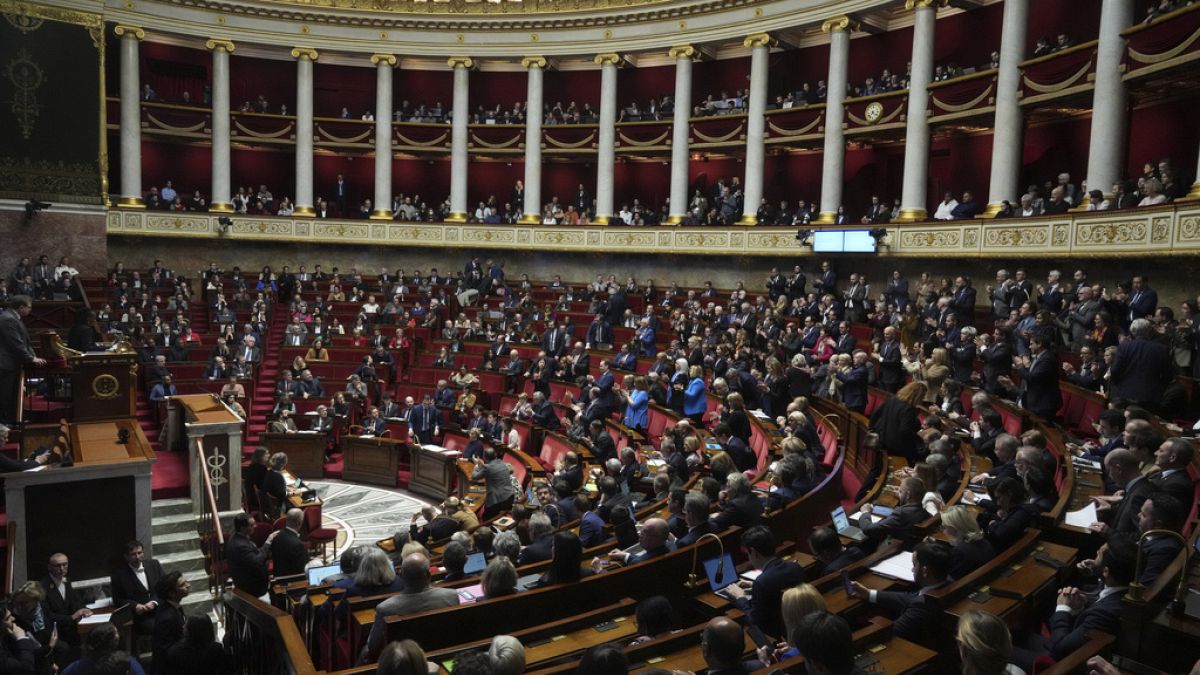A press statement of the CasaReal of Spain informed that their Majesties the King and Queen of Spain, accompanied by Her Royal Highness Princess Doña Sofía, attend the entrance of Her Royal Highness the Princess of Asturias Doña Leonor into the General Military Academy of Zaragoza.
The Kings and Princess Doña Sofía have accompanied Her Royal Highness the Princess of Asturias in her enrollment at the General Military Academy of Zaragoza, where she will undertake the initial stage of studies corresponding to her military education.
Founded in 1882, the General Military Academy has, throughout its three periods of activity, trained over 29,000 officers for the Army, Civil Guard, and Common Corps of the Armed Forces. Its goal is to produce officers with excellent technical training, thorough physical preparation, and a strong moral foundation, demonstrated by the practice of virtues that have always characterized the military institution, reflected in its Cadet Decalogue. These officers are prepared to manage day-to-day unit operations, but are also capable of leading teams in complex situations, making difficult decisions, and fully assuming the responsibility for their consequences. Ultimately, these officers’ unwavering calling and perpetual objective are to serve Spain to the best of their abilities.
The General Military Academy boasts a long and illustrious tradition in the education of Spanish Army officers. Among the few scholars who have studied the topic of Military Education in Spain, such as Clonard and Almirante, it is determined that the “Compañía de los Cien Donceles,” established in 1340 by King Alfonso XI of Castile, serves as the oldest known precursor.
The initial project for the creation of a Progressive Education System, progressing from general to specific, was undertaken in the late 17th century (1674) in Brussels, where the first truly modern Military Academy of the time emerged. The Military Academy of the Army of the Netherlands was founded in Brussels by D. Sebastián Fernández de Medrano, known as “Alférez Medrano,” a veteran of the Flanders Tercios, appointed its Director due to his strong scientific and tactical background. This Academy earned well-deserved prestige due to the diverse origins of its students, the open nature of its curriculum, the theoretical-practical foundations of the learning process, as well as the notable achievements of its alumni, known as “Masters of War.” This institution can be considered the first embodiment of General Education, as well as a precursor to what would later become the General Military Academy.
These origins confirm the comprehensive, evolutionary, and diverse nature that characterizes the General Military Academy, renowned in the military education of the most developed countries.




















Discussion about this post